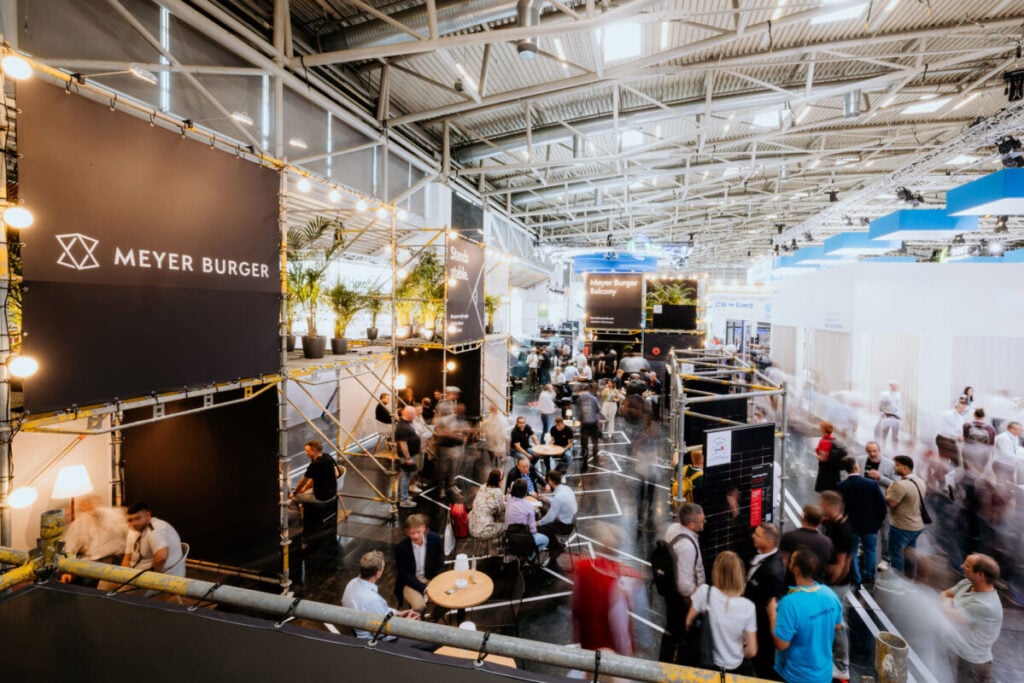
Solar cell and module manufacturer Meyer Burger has announced job cuts and strategic restructuring, as the company’s CEO and CFO have both departed.
The company announced a “strategic realignment” of its operations to “focus on production and technology to ensure [a] return to profitability”. Meyer Burger has two production facilities: a solar cell facility in Thalheim, Germany, which supplies a module assembly plant in Goodyear, Arizona, US.
Try Premium for just $1
- Full premium access for the first month at only $1
- Converts to an annual rate after 30 days unless cancelled
- Cancel anytime during the trial period
Premium Benefits
- Expert industry analysis and interviews
- Digital access to PV Tech Power journal
- Exclusive event discounts
Or get the full Premium subscription right away
Or continue reading this article for free
The company said it will focus on “existing production capacity” and maintaining its technological operations. Meyer Burger produces n-type heterojunction technology (HJT) solar products, a less common technology offering in an industry that has largely shifted to n-type tunnel oxide passivated contact (TOPCon) technology.
Meyer Burger will also slash its workforce from approximately 1,050 employees to around 850 by the end of 2025.
In a statement, the company said it has forecast revenues of around CHF350-400 million (US$415-474 million) by 2026, based on “existing production capacity and long-term supply agreements with key customers.” It will also seek to generate additional revenue by selling technology and equipment to “customers in the areas of solar cell production and module technology”.
In the 2023 financial year, Meyer Burger posted net losses of US$330 million, which it attributed to “dumping prices from Chinese suppliers in Europe, coupled with a sharp rise in Chinese production overcapacity and a lack of market protection.”
Last month, Meyer Burger announced that it was abandoning its plans for a 2GW HJT cell production facility in the US as the project was “no longer financially viable”. It simultaneously said that a planned expansion of its Arizona module production facility was “suspended for the time being”.
Gunter Erfurt steps down
Meyer Burger CEO, Gunter Erfurt, and CFO Markus Nikles have also stepped down.
In a post on LinkedIn, Erfurt blamed a lack of political support in Europe and dependence on China for the company’s woes:
“Unfortunately, European politicians were too afraid of China and were not prepared to protect the European solar industry against unfair competition,” he wrote.
“For a second time, an industry of the future has been sacrificed to China, diametrically opposed to the political declarations of intent since the coronavirus pandemic … Europe’s 100% dependence on China in the solar sector, one of the most important energy sources of the future, will one day be regretted.
“I stand by my firm conviction: Europe has both the technology, the trained people and the entrepreneurial creativity to succeed, it just needs industrial policy that not only recognises the signs of the times in speeches, but courageously translates them into action.”
In addition to its Net Zero Industry Act (NZIA), which came into force earlier this year, the European Commission has publicly announced its support for solar manufacturing and acknowledged the “very fragile situation” facing the market. This resulted in the Solar Charter, signed between EU member states and representative solar industry trade groups, which saw members “commit” to supporting the European industry. Nonetheless, European solar manufacturing has floundered.
SolarPower Europe CEO, Walburga Hemetsberger, told PV Tech: “While there’s more political attention on solar supply chains than ever before, solar manufacturing companies are still waiting for substantial support on the ground. The swift implementation of the Net-Zero Industry Act will be critical in the effort to retain and rebuild Europe’s solar manufacturing capacity.”
Erfurt spoke to PV Tech Premium earlier this year and said that the company had been ‘proven right’ in its decision to relocate its module manufacturing to the US. He also said that the company had washed its hands of the EU’s stalling efforts to support solar manufacturing and was “over it”.






